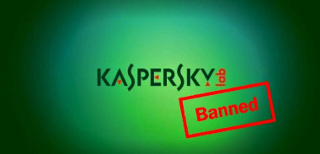Consistently at or near the top of security software maker rankings, Russian-based Kaspersky Lab continues to attract suspicion, based on little to no evidence, of being a “threat” to US national security.
 This week, the allegations came out of the Wall Street Journal, which claimed that an NSA contractor who ran Kaspersky antivirus on his computer was hacked, and immediately concluded that Kaspersky hacked him to get NSA data for the Russian government.
This week, the allegations came out of the Wall Street Journal, which claimed that an NSA contractor who ran Kaspersky antivirus on his computer was hacked, and immediately concluded that Kaspersky hacked him to get NSA data for the Russian government.
Kaspersky founder Eugene Kaspersky mocked the claim as “like the script of a C movie.” He offered an alternate explanation for the data loss, that the NSA tools on the computer were correctly identified as new forms of malware by Kaspersky’s software.
The supposition that being a security software company and Russia-based makes them tantamount to Russian spies has been enough of an excuse for US officials to increasingly demonize the company, despite the lack of real evidence of wrongdoing, let alone culpability.
Anti-Russia suspicion has been enough, and tainted with that brush, Kaspersky software was banned last month from all Federal agencies in the US. What they’re using as an alternative is unclear so far, but there are few options with the successful track record of a Kaspersky.


